What Course or Quallification or Diploma should learn to be Facial Therapist
Facial therapists are skincare specialists who provide personalized treatments to enhance the appearance and health of their clients’ skin. Their expertise extends beyond basic facials, encompassing various techniques such as exfoliation, extraction, massage, and the use of specialized skincare products. To excel in this role, one must possess a profound knowledge of skincare ingredients, skin types, conditions, and the ability to recommend suitable treatments tailored to individual needs.
Essential Qualifications and Courses
- Esthetics or Beauty Therapy Courses: Enrolling in an esthetics program lays the foundation for a career in facial therapy. These courses cover fundamental topics such as skincare, facial treatments, anatomy, and physiology. Look for accredited programs that offer hands-on experience and practical training, allowing you to develop the necessary skills.
- Anatomy and Physiology: Understanding the human body’s structure and functions is crucial for a facial therapist. Courses focusing on anatomy and physiology provide insights into how the skin functions, common skin conditions, and the effects of various treatments on different skin types.
- Advanced Skincare Courses: To stand out in the competitive skincare industry, consider pursuing advanced courses that delve deeper into skincare formulations, product chemistry, and the latest technological advancements in skincare treatments. These courses equip you with in-depth knowledge to address complex skin concerns effectively.
- Holistic Therapy or Alternative Treatments: Many clients seek holistic approaches to skincare. Learning about holistic therapies, such as aromatherapy, herbal remedies, or Ayurvedic techniques, can complement traditional facial therapy practices and attract a broader clientele.
Specialized Diplomas for Facial Therapy
Several specialized diplomas cater specifically to aspiring facial therapists:
- Diploma in Facial Massage and Aesthetics: This diploma focuses on advanced facial massage techniques, skincare analysis, and the use of specialized tools and equipment in facial treatments.
- Advanced Diploma in Clinical Skincare: For those interested in a clinical approach to skincare, this diploma covers advanced topics like dermatology, chemical peels, microdermabrasion, and other clinical skincare procedures.
- Diploma in Spa and Wellness Therapies: This comprehensive diploma combines various therapeutic techniques, including facials, body treatments, and relaxation therapies, preparing you for a holistic approach to skincare within a spa setting.
Continuing Education and Specializations
As the skincare industry evolves, continuous learning is key to staying updated with the latest trends and techniques. Consider pursuing specialized certifications or attending workshops on specific treatments like microcurrent therapy, LED light therapy, or microneedling. These additional qualifications can enhance your expertise and credibility as a facial therapist.
Practical Experience and Apprenticeships
While courses and diplomas provide theoretical knowledge, gaining practical experience through internships or apprenticeships is invaluable. Working alongside experienced professionals allows you to refine your skills, understand client interactions, and grasp the day-to-day realities of the job.
Conclusion
Becoming a successful facial therapist requires dedication, a solid educational foundation, and a passion for skincare. By choosing the right courses, qualifications, or diplomas tailored to your interests and career goals, you can embark on a fulfilling journey toward making individuals feel confident and radiant through the art of facial therapy. Keep learning, stay updated with industry trends, and immerse yourself in the world of skincare to thrive in this rewarding profession.


